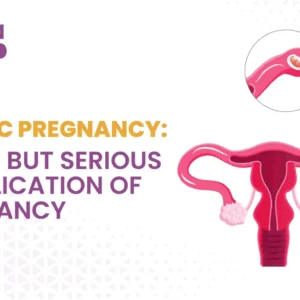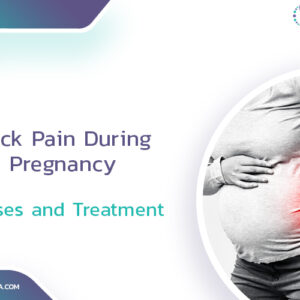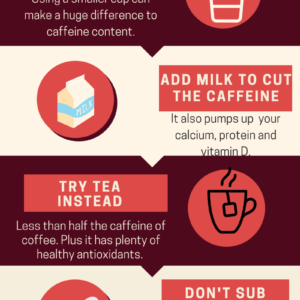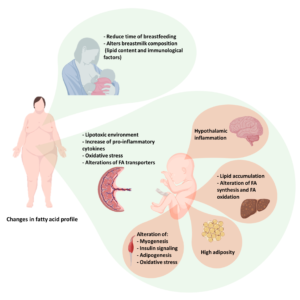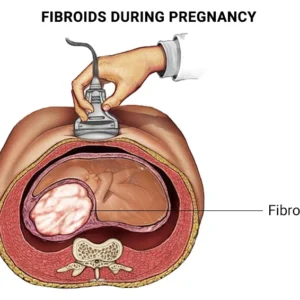
Embarking on the journey to parenthood is a thrilling experience, but for many couples, it can also come with its challenges. If you’re wondering how to get pregnant, there are several factors to consider, from understanding your fertility to making lifestyle changes that can boost your chances. This guide will provide you with a detailed overview of fertility tests, dietary recommendations, and the care needed to increase your odds of conceiving.
Understanding Fertility
Before diving into the steps to improve your chances of getting pregnant, it’s crucial to understand fertility. Fertility refers to the ability to conceive a child. For most couples, achieving pregnancy takes time, and understanding the nuances of your reproductive health can make the process smoother.
Fertility Tests
If you’ve been trying to conceive for over a year (or six months if you’re over 35), it might be time to consider fertility testing. Here are some common fertility tests for both men and women:
- Ovulation Testing: This involves tracking your menstrual cycle to determine when you’re ovulating. You can use ovulation predictor kits (OPKs), basal body temperature charts, or monitor cervical mucus changes.
- Semen Analysis: For men, a semen analysis checks sperm count, motility, and morphology. It’s a straightforward test that can provide crucial insights into male fertility.
- Hormone Testing: Blood tests can measure levels of hormones such as follicle-stimulating hormone (FSH), luteinizing hormone (LH), and progesterone, which are essential for ovulation and pregnancy.
- Ultrasound: A transvaginal ultrasound can help check the health of your ovaries and uterus. It can detect issues like ovarian cysts or fibroids that might affect fertility.
- Hysterosalpingography (HSG): This X-ray procedure checks for blockages or abnormalities in the fallopian tubes and uterus.
- Laparoscopy: A minimally invasive surgery that allows doctors to view the pelvic organs and identify issues such as endometriosis or adhesions.
Diet and Nutrition
What you eat can significantly impact your fertility. Here are some dietary tips to help improve your chances of getting pregnant:
- Eat a Balanced Diet: Focus on a diet rich in fruits, vegetables, whole grains, and lean proteins. These foods provide essential vitamins and minerals that support reproductive health.
- Healthy Fats: Incorporate healthy fats like avocados, nuts, seeds, and olive oil into your diet. Omega-3 fatty acids, found in fish like salmon, are particularly beneficial for fertility.
- Folic Acid: Essential for preventing birth defects, folic acid should be a key part of your preconception diet. Leafy greens, citrus fruits, and fortified cereals are excellent sources.
- Limit Caffeine and Alcohol: High caffeine intake and alcohol consumption can negatively affect fertility. It’s best to limit these to improve your chances of conceiving.
- Stay Hydrated: Drinking plenty of water supports overall health and helps maintain the cervical mucus needed for sperm to reach the egg.
- Consider Supplements: Prenatal vitamins with folic acid, vitamin D, and other essential nutrients can support fertility. Consult with your doctor before starting any supplements.
Lifestyle and Self-Care
In addition to diet, lifestyle changes and self-care practices can boost your fertility:
- Maintain a Healthy Weight: Both underweight and overweight can impact hormone levels and ovulation. Aim for a healthy BMI through balanced diet and regular exercise. Click here to know how you can use Java tea to control your weight before you get pregnant ; highly recommended
- Exercise Regularly: Moderate exercise can help maintain a healthy weight and reduce stress, but avoid excessive exercise, which can negatively affect fertility.
- Manage Stress: High stress levels can interfere with ovulation. Incorporate stress-reducing activities like yoga, meditation, or acupuncture into your routine.
- Avoid Smoking and Recreational Drugs: These substances can harm both male and female fertility. Quitting smoking and avoiding drugs can significantly improve your chances of conceiving.
- Limit Exposure to Toxins: Reduce exposure to environmental toxins like pesticides and industrial chemicals, which can affect reproductive health.
- Get Adequate Sleep: Ensure you get enough restful sleep each night. Poor sleep can disrupt hormonal balance and affect fertility.
Conclusion
Understanding how to get pregnant involves a combination of knowledge, lifestyle changes, and sometimes, medical assistance. By taking the right fertility tests, following a nutritious diet, and making healthy lifestyle choices, you can significantly boost your chances of conceiving. Remember, patience and persistence are key. If you’re facing difficulties, don’t hesitate to seek support from a fertility specialist. Your journey to parenthood is unique, and with the right care and preparation, you’ll be well on your way to welcoming a new addition to your family.

